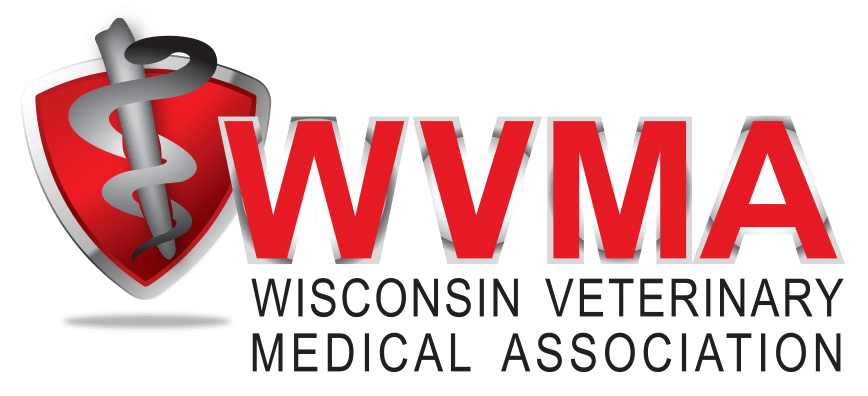By Meghan Lepisto, Publications and Media Relations Manager, University of Wisconsin School of Veterinary Medicine
The University of Wisconsin School of Veterinary Medicine (UW SVM) broke ground on its long-anticipated building expansion on June 18. The enhanced facilities will improve instruction space for students, double the size of the school’s small animal hospital and significantly enhance the large animal hospital, expand labs for studying naturally occurring animal and human diseases, and increase and modernize infectious disease research space.
The expansion will include a new building located in what is now Lot 62, connected to a remodeled current building located on Linden Drive. This addition and renovation will allow the school to overcome severe space shortages and ensure it remains a global leader in training the next generation of veterinarians, serving animal patients, and making critical research discoveries that advance animal and human health.
Speakers at the event included Wisconsin Department of Administration Secretary Joel Brennan, UW System Interim President Tommy Thompson, UW-Madison Chancellor Rebecca Blank, UW Foundation President Michael Knetter, Wisconsin Alumni Research Foundation CEO Erik Iverson and SVM Dean Mark Markel.
Blank and others pointed to the critical importance of infectious disease research conducted at the SVM, made even more evident by SVM research discoveries that have advanced the fight against COVID-19 through vaccine, treatment and containment strategies. Research at the school has also led to more effective cancer treatments for pets and people, identified new ways to fight the flu, helped optimize cow comfort and health, and delivered numerous other insights in veterinary and human medicine.
“The vet school has long been a leader in responding to public health concerns,” said Blank. “This much-needed new facility is going to allow us to stay at the forefront of that type of research on lifesaving discovery and innovation.”
Approval of the UW SVM building project was signed into law in Wisconsin’s 2019-21 budget.
